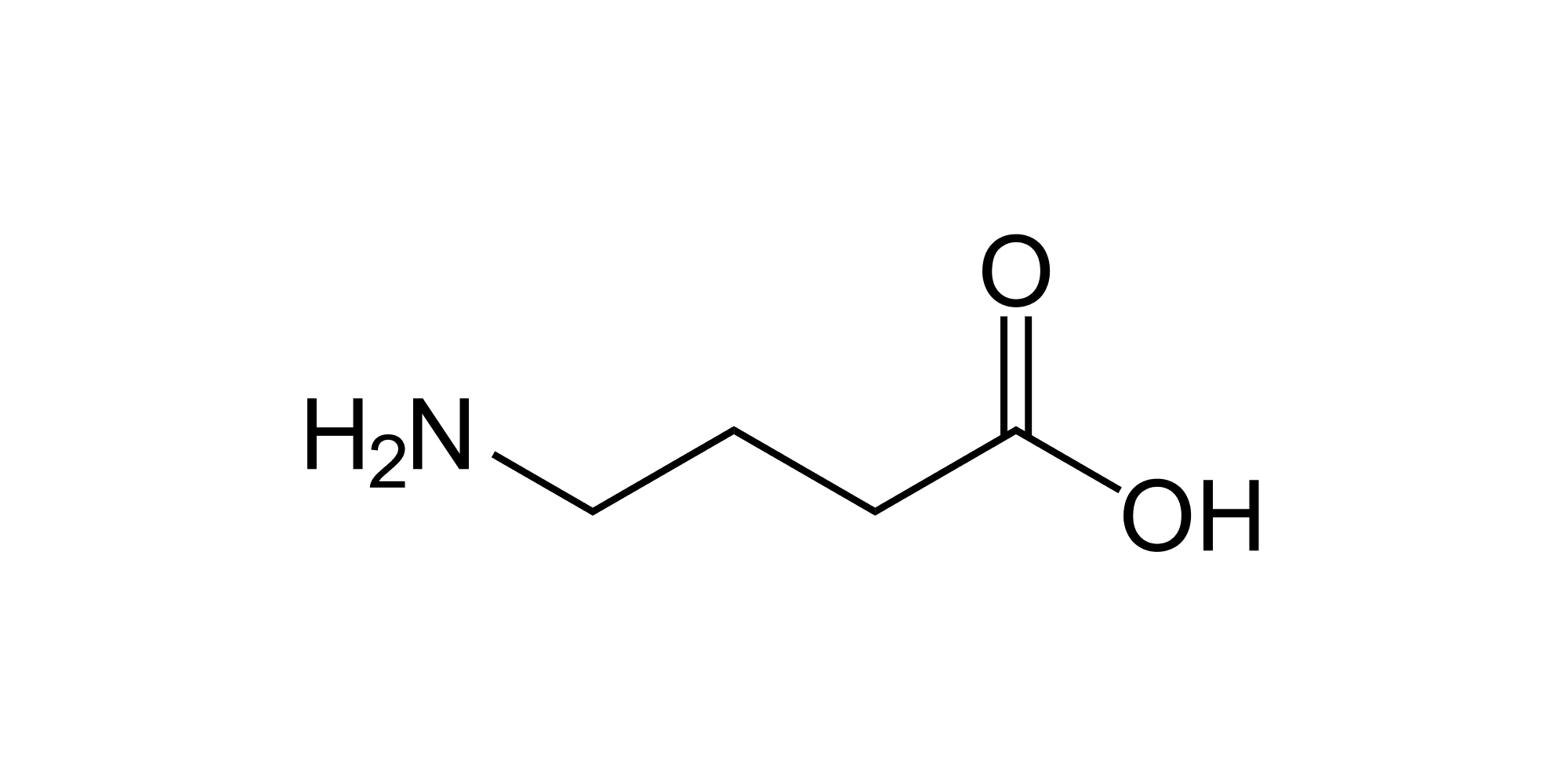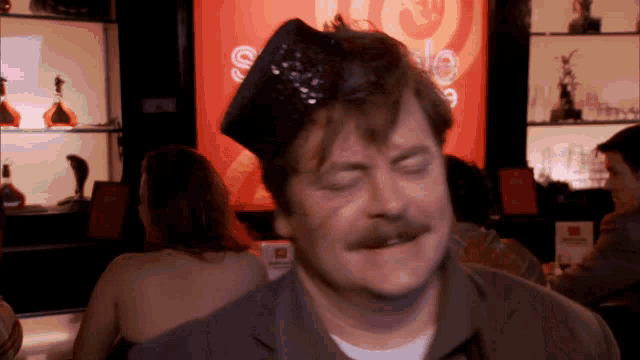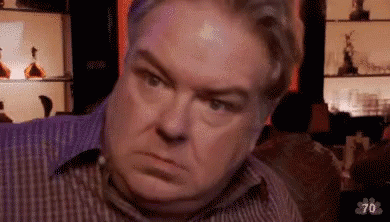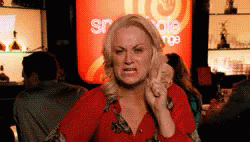
Evil and Alcohol
Graham Leach-Krouse ∙ Philo100
Recall...
We're interested in what philosophy can learn from psychology about the concept of evil
One place where psychology might shed some light is on a fairly fundamental question:
What is moral judgement?
When I form the thought that I might put into words by saying “that's morally wrong”, what's happening?
Is the thought that I'm putting into words an emotional reaction?
Or is it the result of some process of reasoning?
We want to know the answer, because one of the essential characteristics of Evil seems to be a breakdown in ordinary moral cognition.
So,
- By studying evil, we shed light on moral cognition.
- By studying breakdowns in moral cognition, we shed light on evil.
Throughout the course, we've thought about some extreme and rare kinds of breakdown in moral cognition.
But there is a much much more common kind of breakdown in moral cognition that is associated with evil action.

Effects of Alcohol
In the United States, alcohol estimated to be involved in:
- 30-80% of homicides
- 15% of robberies
- 30-40% of physical assaults
- 60% of domestic violence incidents
- 30-60% of child molestations
- 40% of sexual assaults
(at universities, 50-80% of sexual assaults)
Anecdotally, associated with some of the most horrifying crimes to occur at KSU that I know of.
And, not just crime - other kinds of wrong actions too.
Why is this important?
Well, it suggests that alcohol is involved in a surprisingly large number of breakdowns in moral functioning.
Is it fair to blame alcohol specifically?
Maybe it's just drug-use that's associated with this kind of breakdown.
Well...
What about caffeine?
OK, maybe it's just drug-related impairment.
What about soporific drugs (e.g. Atavan, used to treat anxiety), which cause people to become sleepy?
So, what if: alcohol distinctively causes a breakdown in moral cognition?
How does it do that?
How does alcohol work?
Well, it does a lot of things to your body.

γ-Aminobutyric acid (GABA)
Receptors for GABA release chloride ions into individual neurons.
This makes it harder for the neuron to fire.
Alcohol also triggers these receptors.
(it does lots of other stuff too - sticks to some other neurotransmitters, making them inactive, etc, but GABA seems to be a key mechanism)
So, alcohol globally slows down and deactivates your brain.
This explains why enough of it will kill you, and may explain some things about alcohol addiction.
But… why does it have such a wide range of other behavioral effects?




One possibility: disinhibition.
Maybe, as alcohol shuts the brain down, the first thing to go is our ability to “hold things in”.
So the effect depends on what the drinker is repressing.
Hence, the variation.
… is that quite right? People often seem radically different while drunk.
Also, one person might be very different even moment-to-moment while drunk.
Maybe we need a better model of disinhibition.
A neurological hypothesis:
Maybe the brain works like this
We have two types of systems:
- behavior-activation
- behavior-inhibition.
- Behavior activation systems initiate behaviors.
- Behavior inhibition systems shut initiated behaviors down.
On this picture, deliberation is less like a scale, weighing different actions to find the best one.
It's more like a game of football, rewarding whatever behavior activation system that doesn't get “blocked”.
Maybe alcohol impairs this interaction, letting the wrong behaviors “get through”
Experimental Evidence
Go-Stop/Stopsignal tasks: respond to an arrow with a key press, unless a circle is red.
Response is much less impaired by alcohol than override.
The Stroop task.
what color (other than white) appears on the next slide?
Mild intoxication impairs mismatched recognition
But not matched recognition.
More generally, alcohol appears to disrupt “excutive control”: not just snap reactions, but also our ability to change course when we've gone wrong (avoid “perseverative errors”), and to shape our behaviors to fit a plan.
So
- Alcohol is distinctively associated with immoral behavior.
- Alcohol is a depressant, but produces a wide range of reactions.
- Alcohol impairs executive control, while leaving many lower-level reactions intact.
What could this mean for our theory of moral judgement?
Next time.